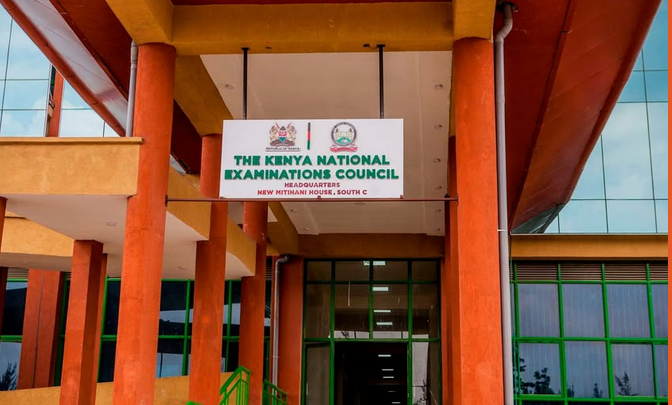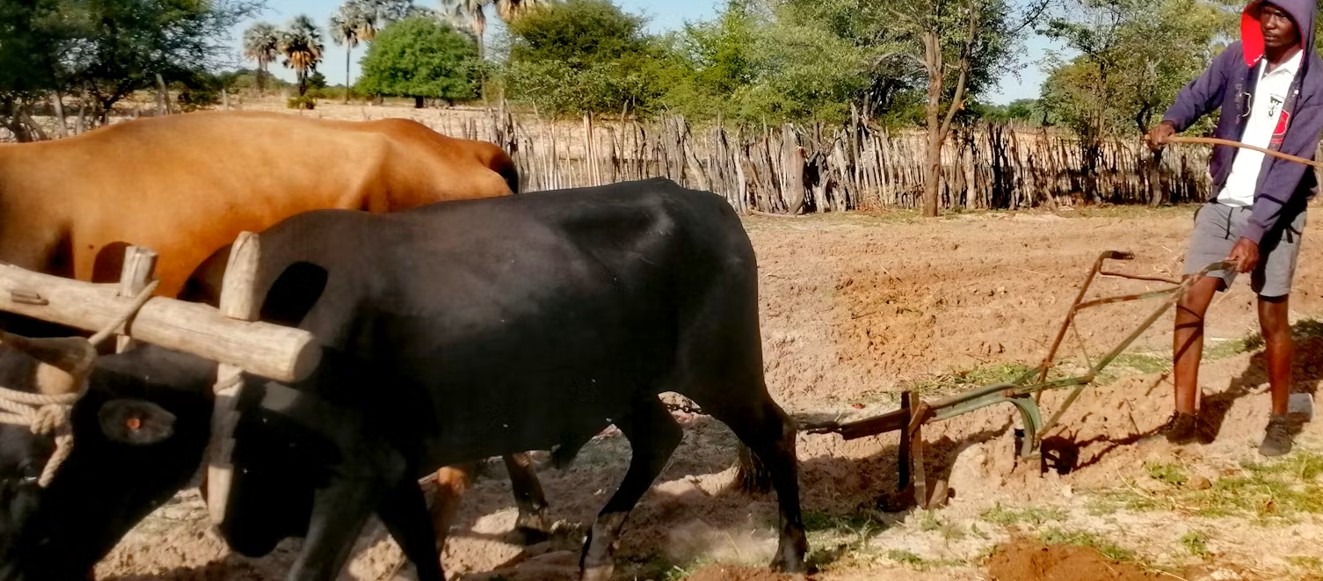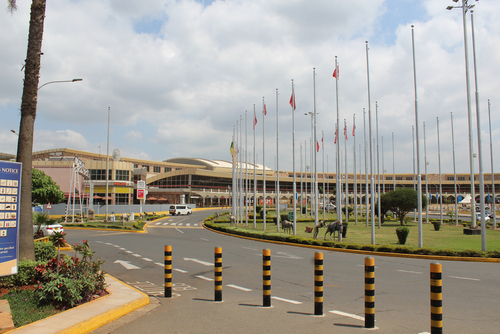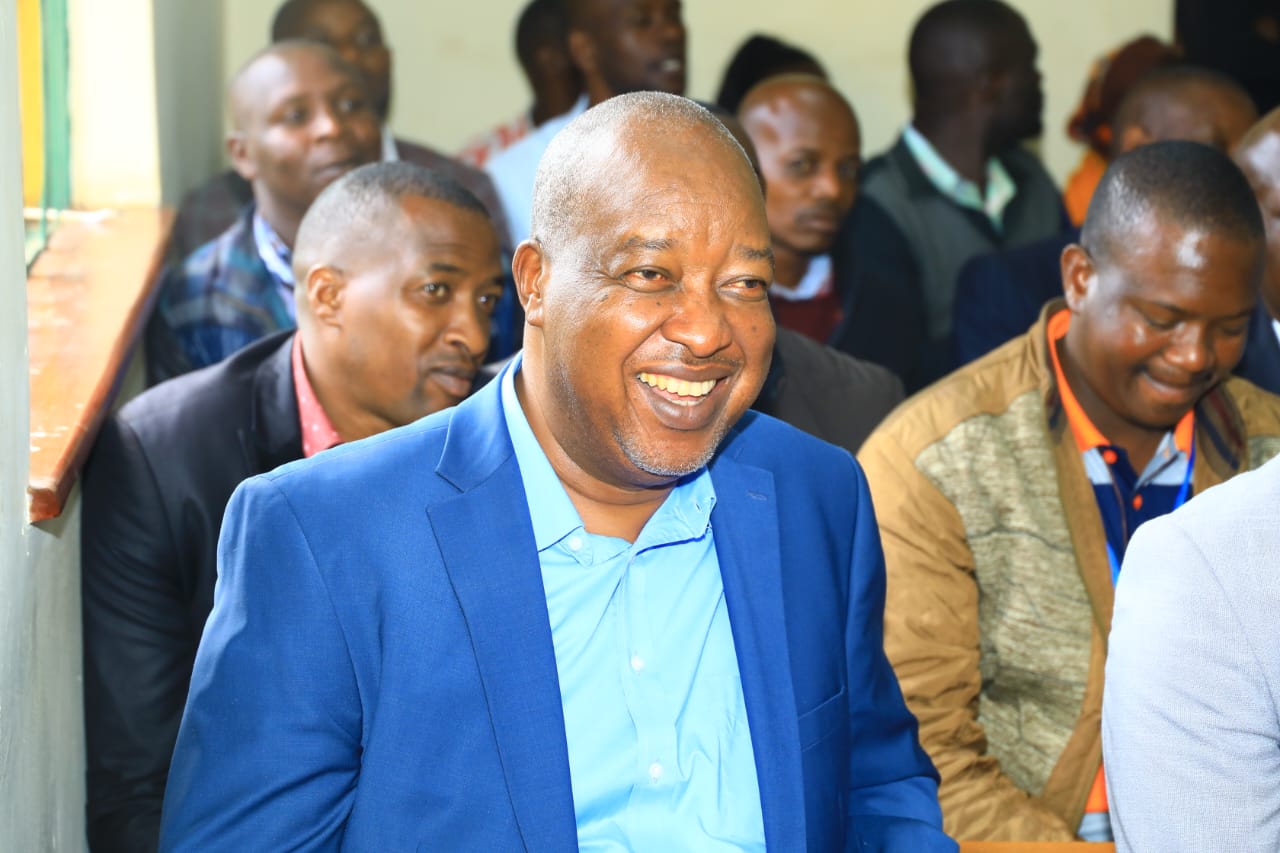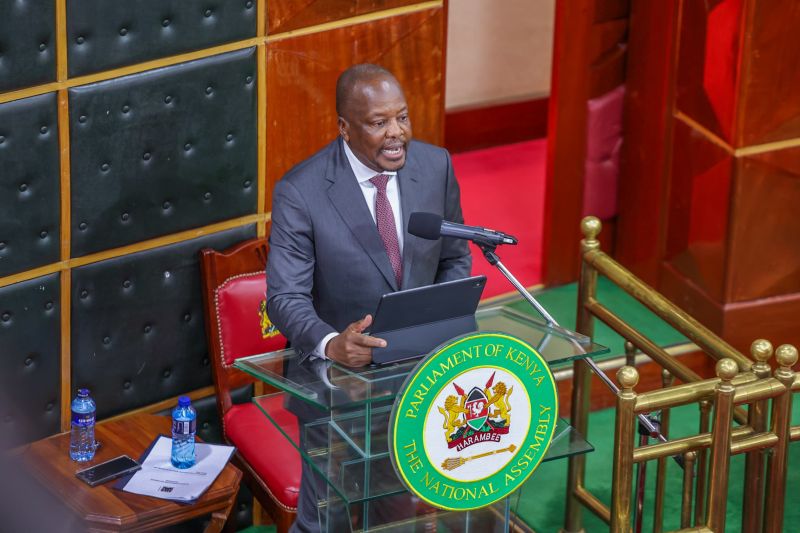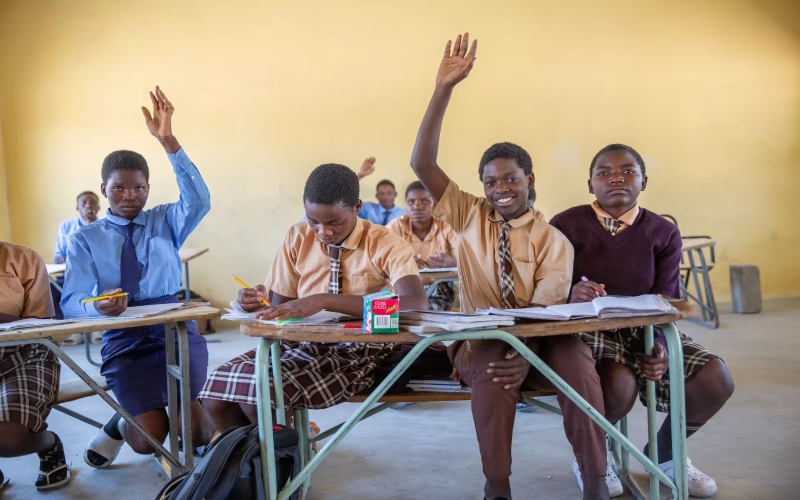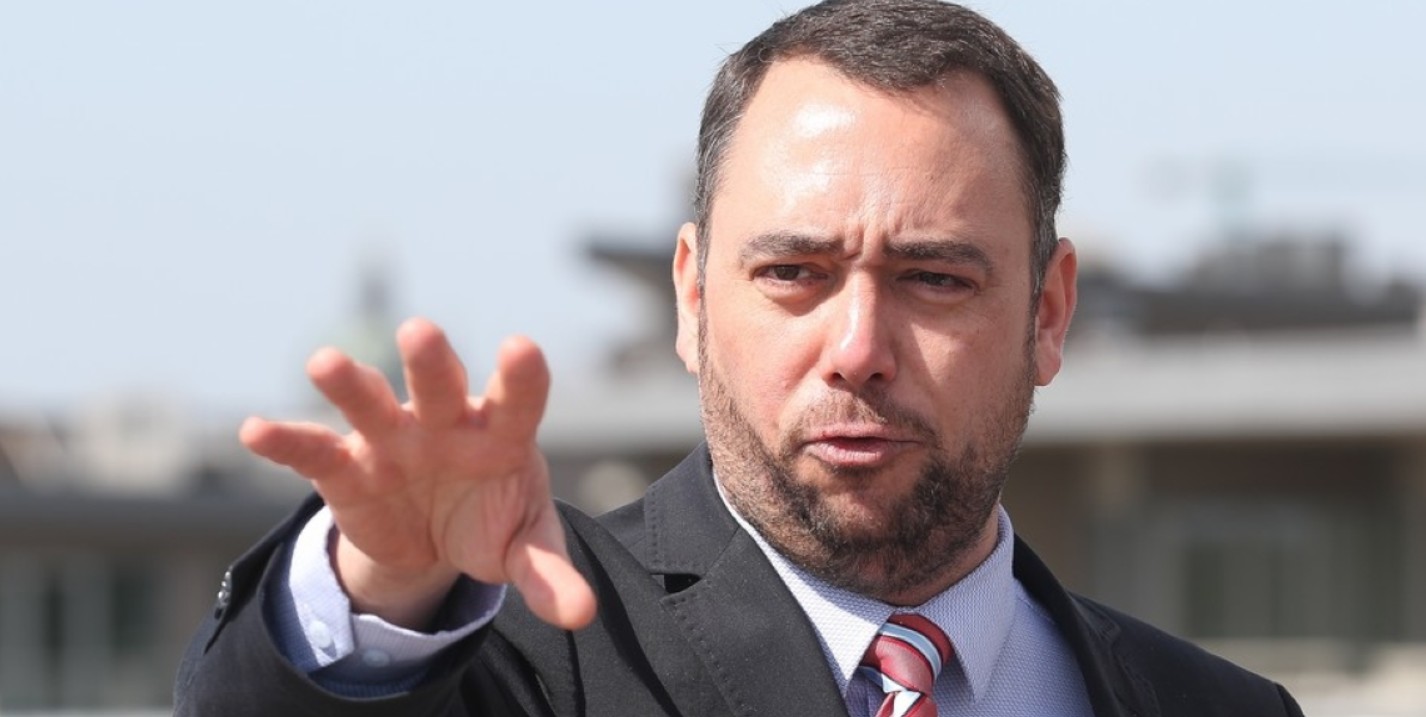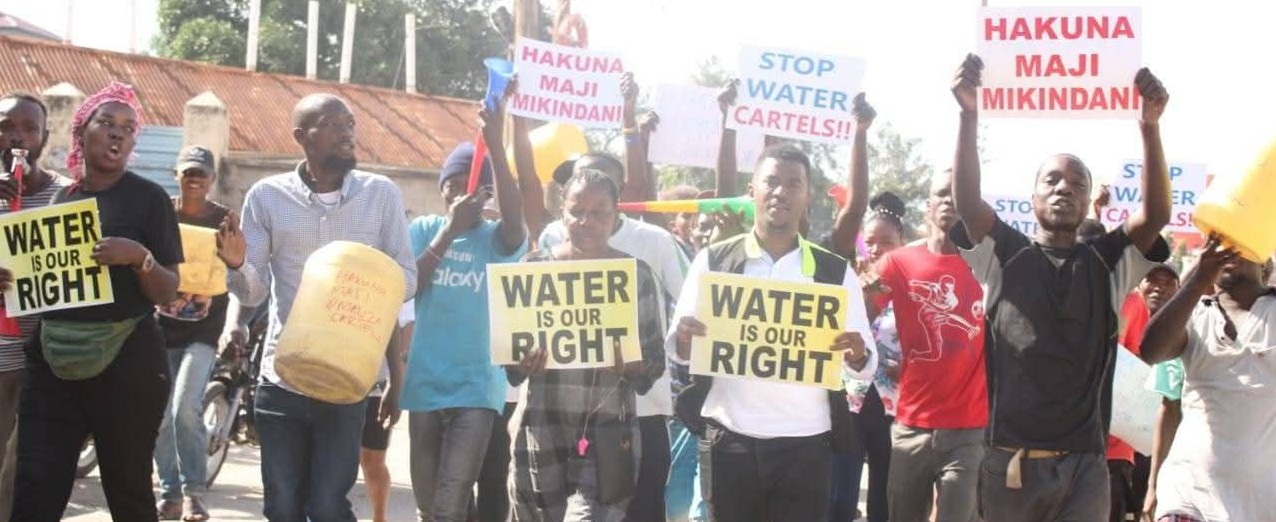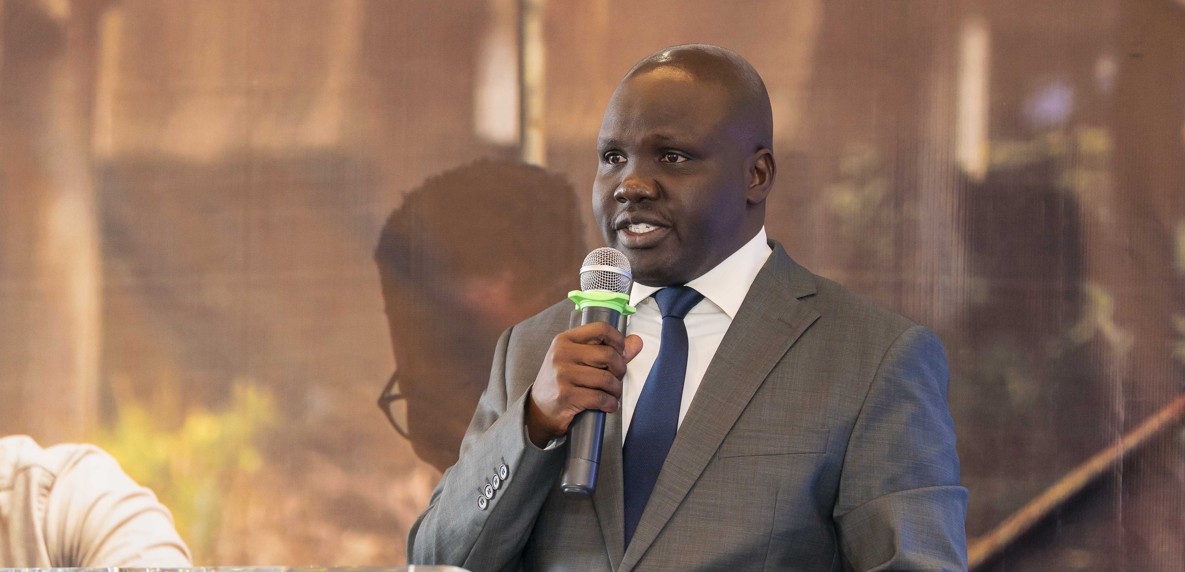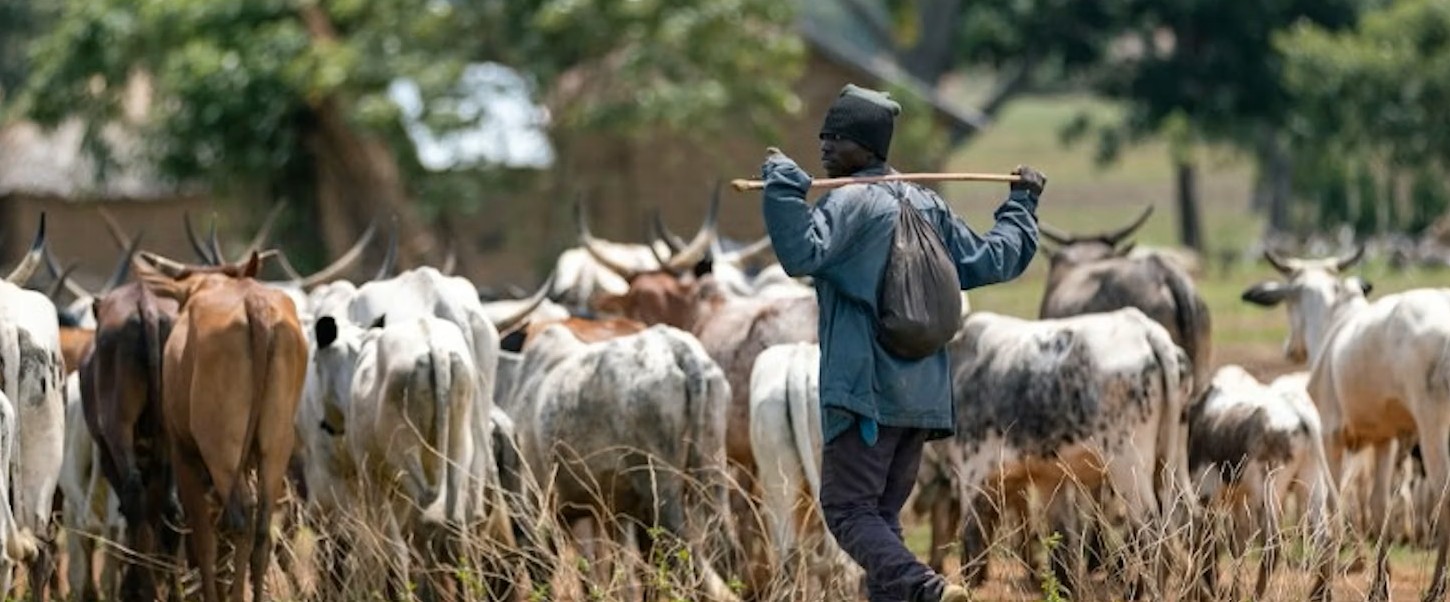Butere Girls’ troubled performance at drama festival echoes Ngugi wa Thiong’o’s banned play
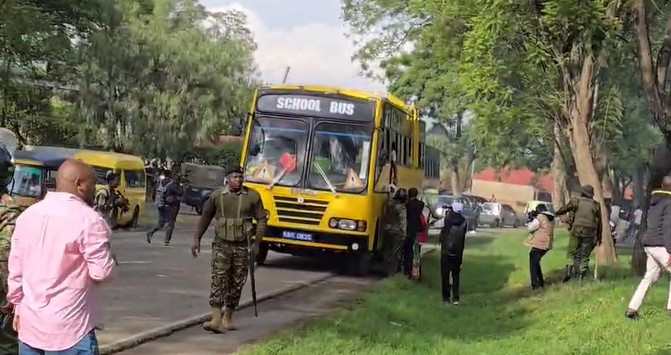
Scholars and literary critics are not happy with President William Ruto’s administration over its handling of the Butere Girls High School play.
The grandstanding between the state and Butere Girls High School over the staging of Echoes of War, a play on the excesses of an intolerant regime, brings to mind days when theatre was deemed unfit, and playwrights were arrested.
The now-famous play by Butere Girls High School, which they declined to stage following the arrest of playwright Cleoplas Malala, joins the list of other productions by Prof Ngugi wa Thiong’o, Joe De Graft and others.
More To Read
- Kenya Publishers Association honours Ngugi wa Thiong’o with Hall of Fame induction
- Ngugi wa Thiong’o to be honoured as national hero for transforming literature
- Tundu Lissu on death of Ngugi wa Thiong'o: A prisoner's eulogy from Ukonga prison in Dar es Salaam
- Tribute to Professor Okello Oculi: From verse to vision, a life committed to Africa’s liberation
- Ngũgĩ wa Thiong’o would have cheered Gen Z’s push for reform - Kamukunji MP Yusuf Hassan
- Celebrating the life and works of Prof Ngũgĩ wa Thiong’o
In the state’s attempt to stop the play from being performed, six journalists sustained injuries on Wednesday evening as they covered the chaotic arrest of former Kakamega Senator Cleophas Malala, the scriptwriter of Echoes of War in Rongai, Nakuru County.
Malala had earlier been barred from accessing Kirobon Girls High School, where the Butere Girls students spent the night awaiting to stage the play on Thursday morning at the ongoing National Drama Festivals in Nakuru.
The content of the play is largely a demonstration of the young generation, commonly Gen Z, who held countrywide protests last June to protest the Finance Bill 2024.
“As the scriptwriter of the play, I came here to check on the girls during their final rehearsals, but I was not allowed inside the school. I have been told that some officers are also inside. They said the students should not rehearse. The officers, who have blocked my vehicle from leaving, want to arrest me without a court order,” he said.
Not happy
Scholars and literary critics are not happy with President William Ruto’s administration over its handling of the Butere Girls High School play.
Dr Barrack Muluka, a seasoned publishing editor, asked the State to address the concerns that the play is raising.
“Arresting people and frustrating the play will not solve anything. We were here before with Ngugi’s Ngahika Ndeeda (1978) and Joe De Graft’s Muntu (1980). But, you see, Murkomen (Interior CS) was either not yet born or was too young. I’m sure that he’d have no idea what we are talking about,” notes Muluka.
Kithaka wa Mberia, a renowned playwright and a professor of linguistics and languages at the University of Nairobi, told The Eastleigh Voice that the decision to hinder the play from getting staged shows bad governance.
“No play production should be undermined by the state unless it unequivocally advocates for criminality or immorality. My strong suspicion is that Malala's play, supposed to be acted by schoolchildren, doesn't fall in that category. Consequently, frustrating its performance should be seen as intolerance, which, in turn, is evidence of bad governance,” says Mberia.
Malala’s predicament echoes I Will Marry When I Want, the play by renowned author Ngugi wa Thiong’o that was first produced in Kenya in 1977 but was banned after just six weeks of stage performances following what was termed a portrayal of post-colonial struggles.
The play is set in post-colonial Kenya and features prominent themes of hypocrisy, corruption of religion, capitalism and politics. The play follows Kiguunda and Wangeci as they try to navigate through a post-colonial Kenya where issues of poverty, theft, low wages and the gap between the rich and the poor are seemingly as bad after independence as they were before.
The play was, however, banned by authorities for its alleged portrayal of post-colonial struggles that harmed citizens. The play lays bare the betrayal of the rich aspirations Kenyans had as the country gained independence, only for everything to turn out unexpectedly. It brings the post-colonial struggles amidst the foreign influence that was slowly turning locals away from their traditional beliefs. The play also tactfully portrays the ruling class as taking advantage of the poor.
Voices of the oppressed
It also pointed a finger at the church that only acted to drown out the voices of the oppressed citizens.
The play was first performed at the Kamiriithu Community Education and Cultural Centre, an open-air theatre at Kamiriithu in Limuru.
It made its audiences feel their vulnerability and lack of capacity to do anything in the face of reality. The play, it was feared, could inspire a revolution.
The popular play is also believed to have been the cause of Mirii and Thiong’o’s arrests in December 1977. The writers were released in December 1978 when President Daniel Moi took over the presidency after the death of Mzee Jomo Kenyatta. They both went into exile, with Mirii seeking refuge in Zimbabwe and Ngugi in the UK and then the US. Mirii died in 2008.
Other plays that have rattled the state include Francis Imbuga’s Betrayal in the City, which opened at the Kenya National Theatre on May 9, 1975.
Later, on November 24, 1975, Joe de Graft's play Muntu, which depicts Africa's epic journey, opened at the Kenyatta Conference Centre. However, it was later banned by the state.
In his native Ghana, de Graft was considered a “monumental figure” by an entire generation of writers; undoubtedly, in Kenya, he had the same charisma.
Top Stories Today

